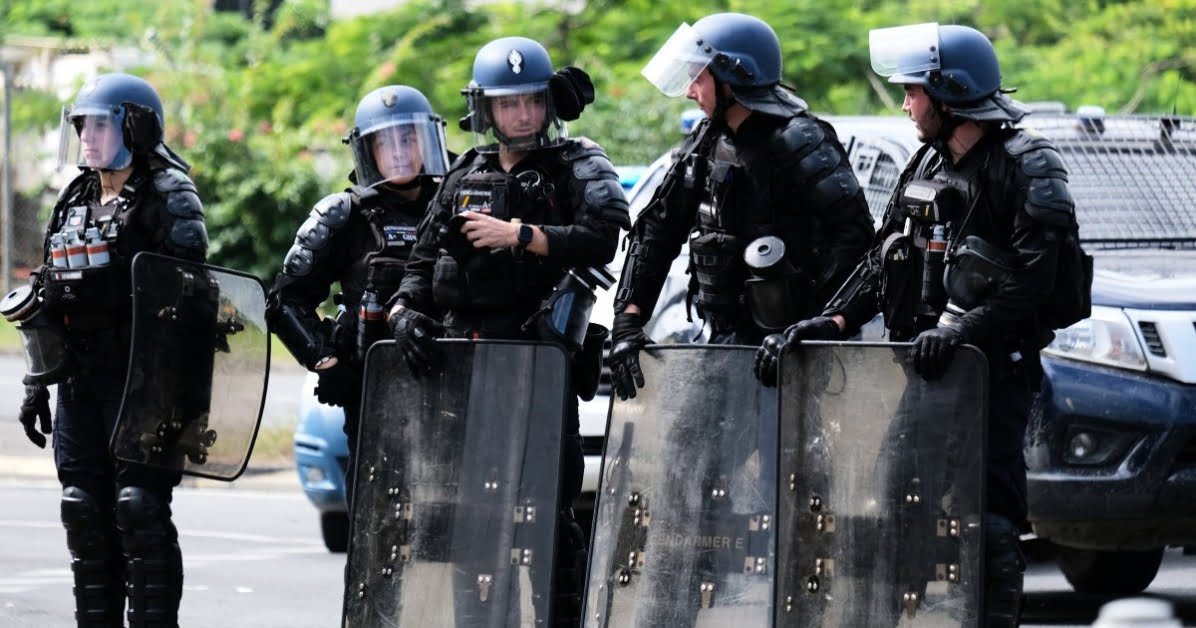New Caledonia Faces Unrest and Political Turmoil
The French Pacific territory of New Caledonia is currently experiencing a period of unrest and political upheaval. The region has been rocked by protests and clashes between different factions, leading to concerns about its stability. This situation marks a crucial turning point in the history of New Caledonia. In this article, we will explore the underlying causes of the unrest, the key players involved, and the potential implications for the future of this unique and diverse territory.
Recent Developments in New Caledonia
Authorities in New Caledonia have responded to the escalating unrest by implementing a two-day curfew and banning public gatherings. This decision followed violent protests by independence campaigners over proposed changes to the territory’s voting procedures. The French authorities have taken measures to restore calm, including closing the world airport in New Caledonia and deploying additional police forces to address the situation.
Impact of the Unrest
The unrest in New Caledonia has resulted in injuries to 54 members of the security forces and the arrest of 82 individuals. While there have been no reports of serious civilian injuries, the authorities have condemned the destruction of property, with approximately 50 local businesses and 200 vehicles being burned during the protests. The violence erupted as French lawmakers debated changes to the voting laws that could potentially affect the representation of Indigenous Kanak people in provincial elections.
Political Implications and Future Prospects
New Caledonia, one of the five island territories controlled by France in the Asia Pacific region, holds strategic importance due to its rich natural resources. French President Emmanuel Macron has been actively involved in efforts to strengthen Paris’s influence in the area. The proposed changes to the election rules have sparked tensions between different groups in New Caledonia, with local leaders expressing concerns about the potential impact on the voting rights of Indigenous Kanak people.
Looking Ahead
Interior Minister Gerald Darmanin has emphasized the importance of respecting democratic principles while seeking to address the political challenges in New Caledonia. Macron’s administration is working to engage with representatives of the territory’s population to find a peaceful resolution to the current crisis. New Caledonia, with a population of 270,000 comprising diverse ethnic groups, has a complex history shaped by the 1998 Noumea Accord, which aimed to promote autonomy and limit voting rights based on specific criteria.
the recent unrest in New Caledonia highlights the need for dialogue and cooperation among different stakeholders to ensure stability and progress in the region. As the situation evolves, it is essential to address the underlying issues and work towards a peaceful resolution that respects the rights and aspirations of all communities in New Caledonia.


